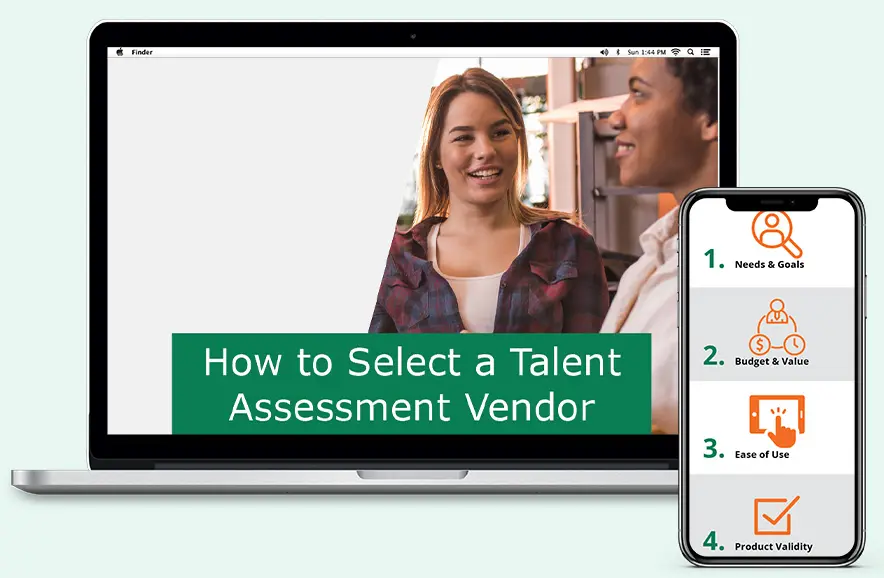
Every now and then we run into business owners and executives that question the legality of pre-employment screening. They ask questions like, "Can I not hire a candidate because they get a low SQ score?" or "What if I get sued for screening out a "Higher-Risk" job candidate?" Although we discourage employers from using the SQ as their sole job applicant selection tool, they can rest assured that any form of pre-screening is legal as long as it relates to the ability to effectively perform the job.
The best way to check if any part of your pre-employment screening program is legal is to answer "Yes" the following two questions:
- Is it Job Relevant
- Is it a Bona fide Occupational Requirement?
When developing the Safety Quotient (SQ) Behavioral Assessment, TalentClick's product development team took extra steps to ensure that our clients can answer "Yes" to both questions if used correctly. Here's how it works for companies in two key industries:
In Construction
For large industrial construction companies, a safe workforce could mean the difference between a job finishing on time and in-budget and an incomplete and costly enterprise. Work stoppages, lawsuits, and equipment damage are very real consequences of serious incidents, especially those causing injury. A pre-employment process that screens out “Higher-Risk” construction workers could actually save lives in addition to allowing companies to deliver on their projects.
In Manufacturing
Due to the repetitive nature of manufacturing work, distractible and irritable people are more likely to cause incidents on the job. The SQ Assessment tests against these types of traits to identify which workers score “Higher-Risk” in these areas. Therefore, if the SQ reports were used to inform a comprehensive interviewing process, you should be able to reasonably identify which candidates will make for safer and more productive employees. As work stoppages in some manufacturing plans have been known to cost hundreds of thousands of dollars a day, not including lost contracts, hiring “Lower-Risk” employees is entirely relevant to the job.
In Your Workplace
Just to reiterate the point, if you ever wonder if a part of your pre-employment screening process is legal, just look at how we have evaluated the Safety Quotient against relevancy in these two industries. If you are using one process on its own to screen candidates, you will likely run into legal trouble. However, a well-balanced pre-employment screening process whose component parts stand up to legal scrutiny by themselves AND when used together will not only be effective, but ethical as well.










